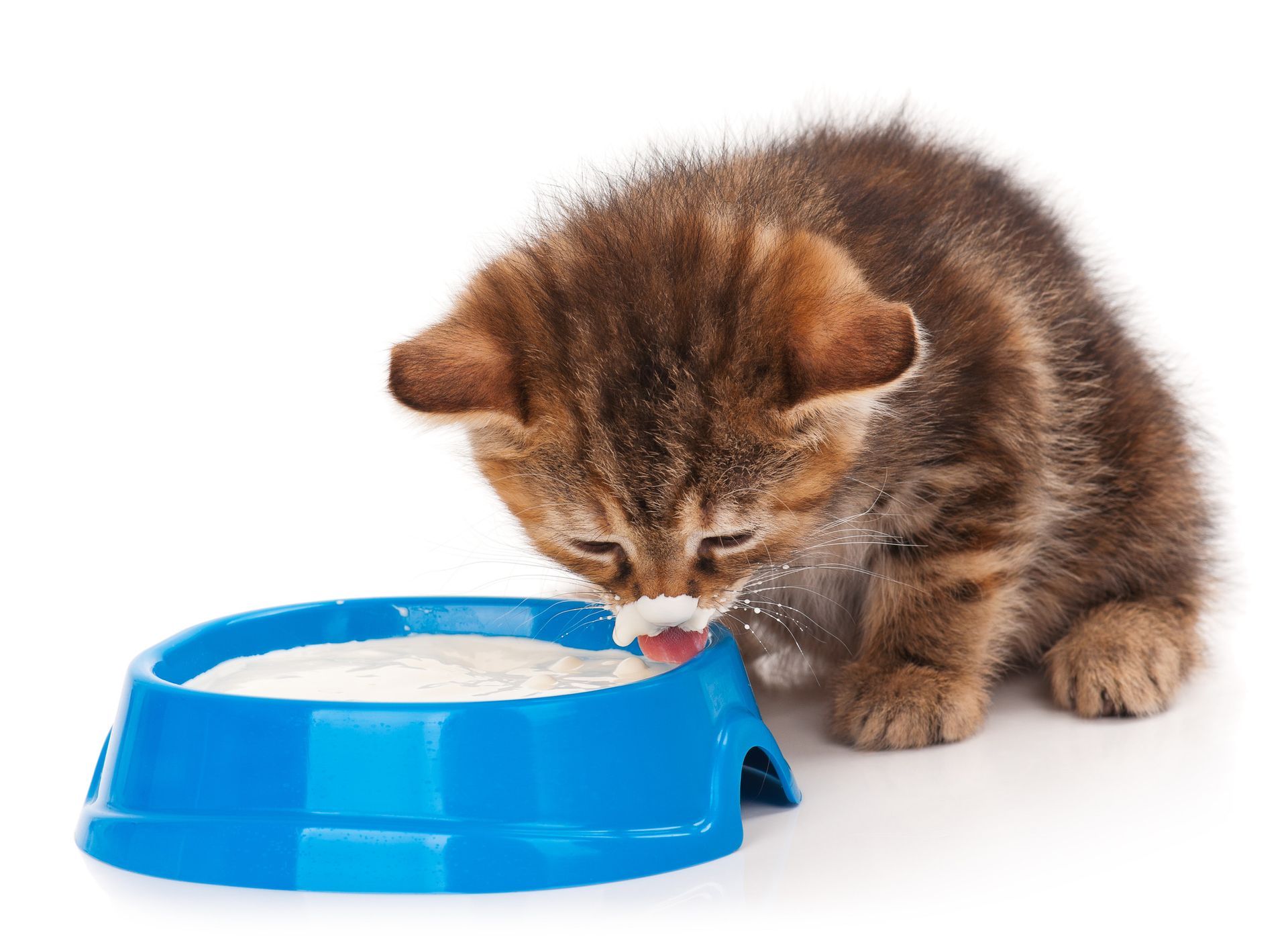The Science Behind Probiotics: How They Benefit Your Pet’s Health

Probiotics aren’t just for humans. If you’ve heard the buzz about their health benefits and wondered whether they’re good for your furry friend, the answer is yes.
Probiotics can play a powerful role in supporting your pet's overall health—much like they do for us.
From boosting digestion to strengthening their immune system, these beneficial bacteria can be game-changers for keeping your pet happy and healthy. This blog explores the science behind probiotics, why they matter for your pet’s well-being, and how you can safely introduce them into their diet.
What Are Probiotics?
Probiotics are beneficial microorganisms, primarily bacteria and yeast, that live in the gut. They support digestive health by maintaining balance in your pet's gastrointestinal (GI) system. Just as in humans, your pet's gut hosts trillions of microbes that aid in processing nutrients and keeping harmful bacteria in check.
When the microbiome becomes unbalanced—due to stress, illness, antibiotic use, or poor diet—your pet can experience issues like diarrhoea, poor nutrient absorption, or even a weakened immune system. That’s where probiotics come in. By replenishing the “good” bacteria, they restore harmony and help your pet’s gut function properly.
Health Benefits of Probiotics for Your Pet
Adding probiotics to your pet’s routine is more than just a trendy health hack. Here are some science-backed benefits that show how these little microbes promote wellness:
1. Improved Digestion
Pets often suffer from digestive issues like diarrhoea, constipation, or bloating, especially after dietary changes or antibiotics. Probiotics help by improving nutrient absorption and promoting smoother digestion. Certain strains of bacteria, such as Lactobacillus and Bifidobacterium, are great at reducing common complaints like loose stools or stomach discomfort.
2. Stronger Immune System
Did you know that more than 70% of the immune system resides in the gut? Probiotics strengthen your pet’s immune defences by enhancing the gut barrier and promoting a balanced microbiome. This helps your pet not only fend off illnesses but recover faster when they do fall sick.
3. Reduced Stress-Related Issues
Like humans, pets can experience stress from many sources, such as travel, separation anxiety, or new surroundings. Stress often disrupts gut health, which can introduce behavioural issues or physical discomfort. Probiotics have been shown to help regulate gut health during high-stress situations, making stressful events more manageable for your pet.
4. Healthy Skin and Coat
Skin issues, such as itchiness, rashes, or dull coats, are often connected to poor gut health. Probiotics indirectly benefit your pet’s skin and fur by resolving gut-related inflammation, which can often manifest as external conditions.
5. Control Over Allergic Reactions
Some evidence suggests probiotics may reduce allergy symptoms in pets. By modulating the immune response, probiotics help their bodies react appropriately to potential allergens—minimising skin redness, irritation, or digestive discomfort.
Introducing Probiotics to Your Pet
Adding probiotics to your pet's routine isn’t complicated, but it’s essential to approach it carefully for safety and effectiveness.
Choosing the Right Probiotic
Not all probiotics are created equal. Look for pet-specific formulas from reputable brands, as human probiotics may not work the same way in animals. Trusted strains for pets include Enterococcus faecium and Lactobacillus acidophilus.
Methods of Administration
Probiotics for pets come in various forms, including powders, chews, capsules, or even included in specially formulated foods. Choose a type that fits your pet’s lifestyle and preferences. For instance, powders can easily be mixed into wet food, while chews can double as treats!
Recommended Dosages
Always follow the dosage recommended by the manufacturer or your veterinarian. Introducing too much too quickly can sometimes lead to mild tummy troubles.
Monitor for Reactions
Pay attention to how your pet responds to probiotics during the first few weeks of use. If you see improvements in digestion and overall mood, it’s likely working. However, if issues persist, consult your vet for adjustments.
Are There Any Risks?
Probiotics are generally safe for most pets when used correctly. However, pets with underlying health issues or compromised immune systems should be evaluated by a vet before introducing probiotics. Additionally, ensure that the probiotic product has been stored properly to prevent the growth of harmful bacteria.
Supporting Your Pet’s Gut Health Is Worth It
Your pet relies on a healthy gut for their overall well-being, from better digestion to brighter moods and stronger immunity. Probiotics offer a natural, science-backed way to nurture their health and make them feel their best—inside and out.
If you’re curious about which probiotics might be best for your pet, consult your vet or consider starting with a trusted pet-specific probiotic brand. Investing in your pet’s gut health is one small step that can make a big difference.
Discover Ipromea for Your Pet’s Gut Health
Looking for a trusted solution to improve your pet’s gut health? Discover Ipromea—a brand dedicated to providing high-quality, science-backed probiotics for pets.
Ipromea products are specifically formulated to support your furry friend’s digestive system, immune health, and overall well-being.
Take the first step toward a healthier, happier pet today!
Explore our range of pet-specific probiotics and other products, and learn how they can make a difference in your pet’s life.
Explore More






